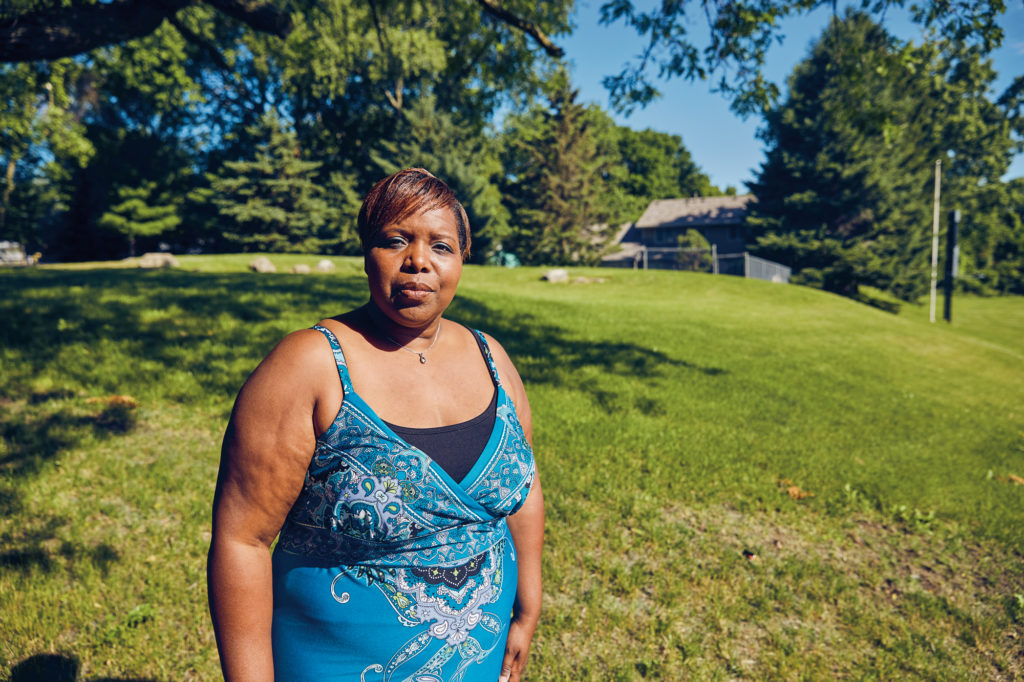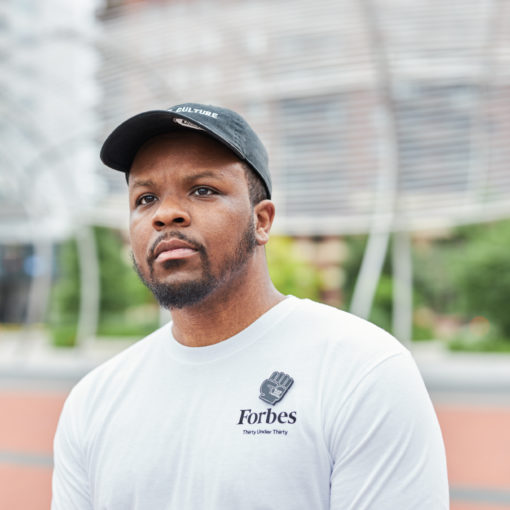
In the last few weeks we have witnessed the world’s response to the killing of George Floyd. During this time I’ve had time to observe reactions. I’ve seen the quick response of businesses. Such as, Netflix shows you 41 Black movies to watch before you watch the movie you have selected. Or NASCAR removing Confederate flags. The CEO of Twitter and Squarespace has made Juneteenth a holiday for its employees. Everyone seems to be in overdrive scrambling around trying to find ways to make sure the world knows Black Lives Matter. Don’t get me wrong, this is at least a great starting place and the actions are appreciated, but eradicating racism in businesses will take more than removing, displaying or pouring money into Black causes and business.
For a real start, perhaps the role of businesses eradicating racism should first be a nonnegotiable. Here are a few steps that businesses should start to implement:
1. Personal reflection.
2. Educate yourself.
3. Critical conversations and listening.
4. Process for change.
Personal reflection
I am very much a proponent of personal reflection. Change, in my opinion, starts from within. As a CEO, executive director, business owner, take a deep breath and look at yourself to see where you stand on the issues. Are people of color treated unfairly in your workplace? How do you feel about people of color? Are there policies in place that help people of color, or do they continue to oppress in your workplace? Real change does not take place if you, as the leader, won’t take time to look within. If you are not a willing participant to reflect, you can’t ask your employees to do the same. Once you, as a leader, have looked within yourself, you should share what you found out about yourself. Share with your leadership team first and then with your employees. Create spaces where employees can start to reflect within themselves. Once the personal reflection has taken place, you can move to critical, and possibly, difficult conversations.
Educate yourself
I’ve been a part of many conversations about how we move forward and, while I could talk for hours, I’ve suggested to people to educate themselves. Read about racism, watch a movie, listen to Jane Elliott. Find people who speak up about race and understand white privilege. It is real and it does exist. Reach out to individuals and ask questions that open up talking. I encourage you to not just rely on the media to get your information. There are many good and informative resources out there. The power to educate yourself begins with a book. That is your most powerful tool, knowledge.
Critical conversations and listening
The world will not change if we don’t talk to each other. When we keep our voices closed, we will never understand what others are going through. The change starts through conversations. Start with your leadership and lay your biases and honesty on the table and talk. Dig into those biases and honesty and get it out of your system. It’s OK to say, “I’ve been this way my whole life” or “We have many policies in place that oppress our employees.” It is through those conversations that you realize change needs to take place. If your leadership and your employees don’t provide safe spaces to allow critical conversations needed to eradicate racism in your workplace, the vicious cycle continues.
Process for change
Once you have reflected, educated yourself and had critical conversations with listening, you are on track to create a process for change. Taking these steps will take time but it is worthwhile and will improve more and more as you work through it. It is important to communicate to your employees that you are taking steps. Continue to share with your employees as you implement changes and let them know the steps you are taking. Please do not make quick changes and then stop. The road to eradicating racism in the workplace starts with you, the leaders. This is the moment and this is your time to change the narrative.
I leave you with this quote: “Perhaps travel cannot prevent bigotry, but by demonstrating that all peoples cry, laugh, eat, worry and die, it can introduce the idea that if we try and understand each other, we may even be friends.” – Maya Angelou




